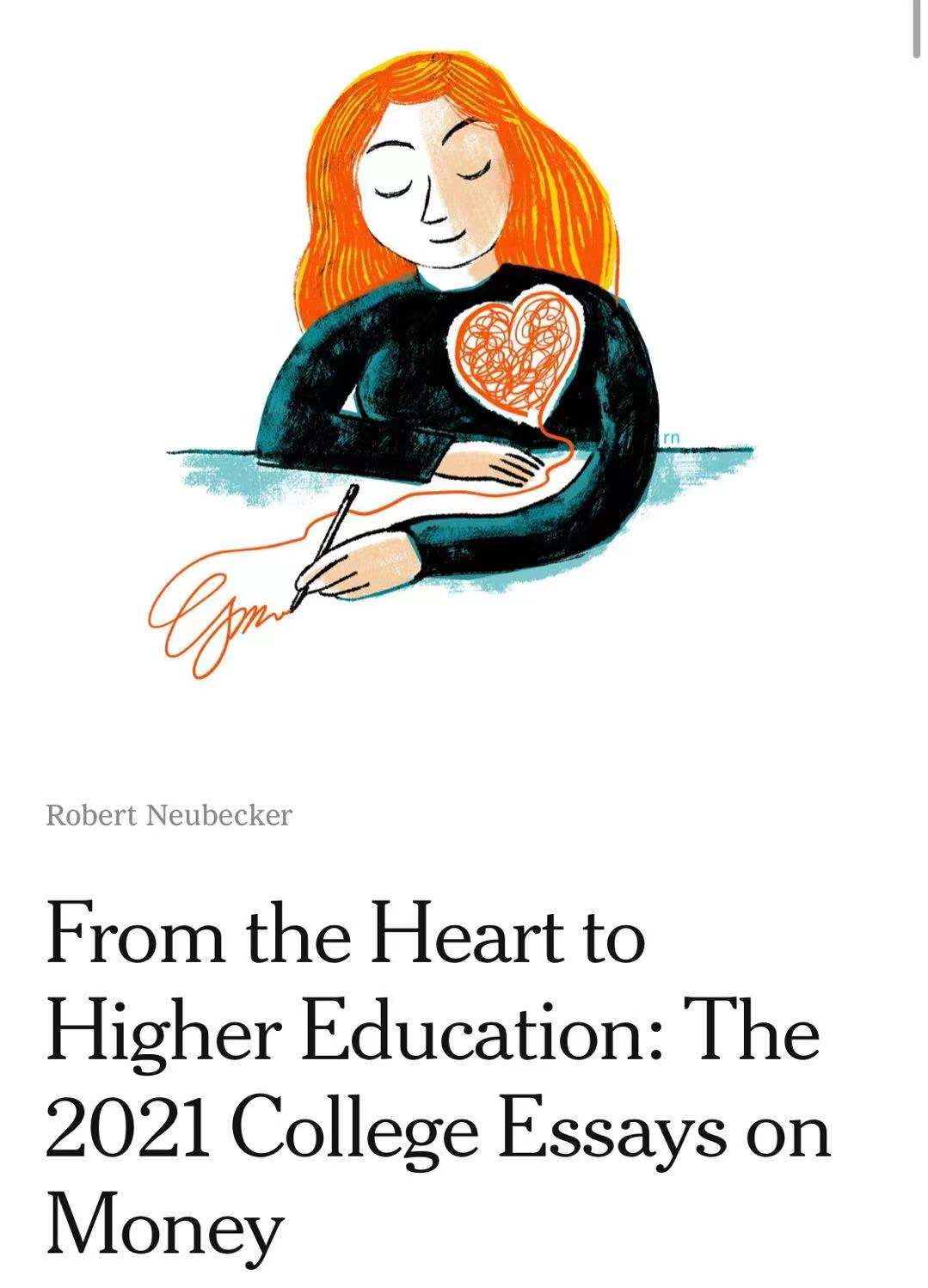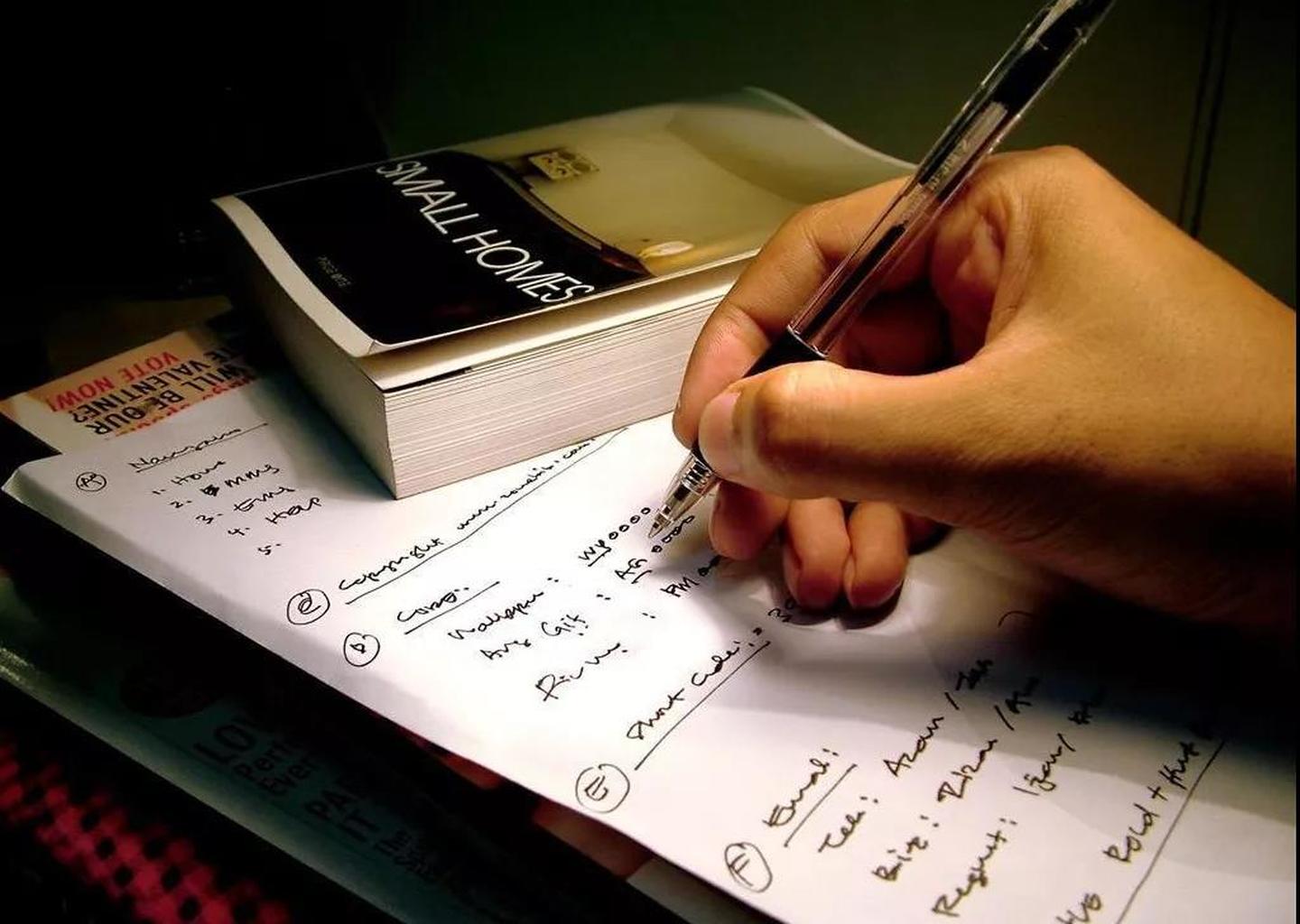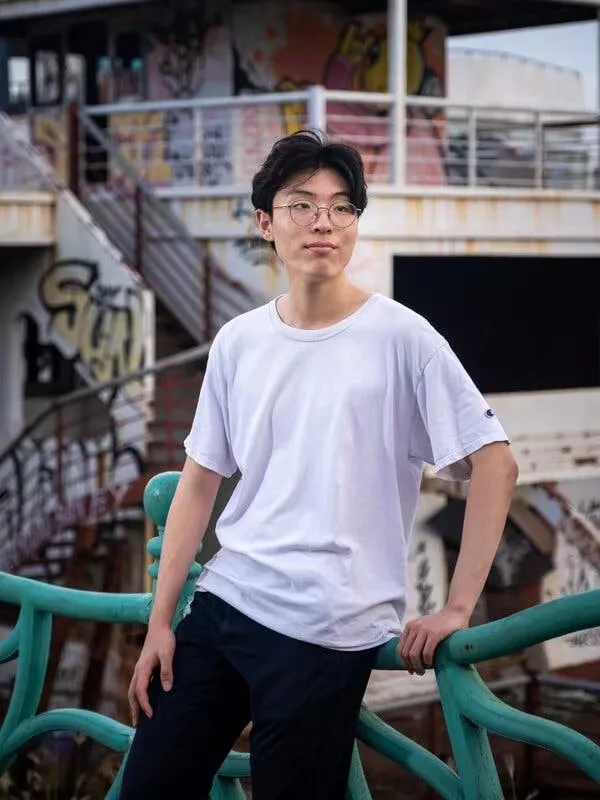

2021年《纽约时报》最佳申请文书出炉,被藤校录取的学生都是怎么写的呢?
兆龙留学提供一站式国际教育服务,自成立以来,持续精耕留学教育领域,致力于为广大学子提供全面、专业、高效的留学服务。业务涵盖升学规划、出国留学、国际预科、签证服务、科研背提、学科辅导、就业指导及签证服务。在兆龙,成功留学不是梦,名校OFFER等你拿!咨询电话:010-58702811。
每年美国大学申请结束后,《纽约时报》都会邀请一些被名校录取的当季申请人投稿自己的申请文书,《纽约时报》会从中精心选出几篇刊登出来。就在前几天,《纽约时报》刊登了2021年的第一波精选文书,这些出自高中生之手的文书,精彩程度堪比名家短篇自传!

每年提供这些文书的学生不少被哈佛、耶鲁、普林斯顿、哥伦比亚等大学录取。可以说,这些原汁原味的文书能够让我们看到那些被名校录取的学生真实的个人故事、经历和思想。
同样写自我介绍,为什么这些学生的文书一举赢得美国TOP大学的青睐?我们距离好学校还差了些什么?
招生官想从文书中看到

学生的个性和观点不仅仅是平淡的经验介绍
对于国际化教育、留学申请不太了解的小伙伴可能会对文书有一些疑惑,文书难道不是像简历一样的自我介绍吗?介绍清楚个人情况、专业方向、申请原因不就行了?还得像写小说一样做文字包装?有这必要吗?
大家可能知道,申请海外大学或海外研究所需要提交:学术成绩(GPA)、课外活动、推荐信、文书、所获奖项等材料。
其实,那些有能力竞争藤校的学生,他们的学术成绩、赛事成绩、课外活动都是非常出色的,那么,招生官如何从一堆优秀的申请者中,找到最匹配的那一批,文书就起到了很关键的作用。
在美国大学申请中,写文书对中国学生来说一直是一个令人头疼的问题。首先挖掘合适的题材就很难,在写作中如何切合美国人的思维方式又是一个大问题,很多中国文书有着强烈的“Chinglish”的风格让招生官一看就Say No。
而国外学生在文书中则常常会有比较多细节描写,善于表达个性化,敢于突出“我”的想法和声音,这些都是中国学生的文书非常欠缺的。
文书不像学术成绩那样,考多少分就展示多少分,文书是个性化的,在其中,可以读出一个人的特色、追求还有热爱。
你可以写成小说,也可以谈谈你自己的热爱和研究,当然也可以讲自己和申请大学之间的渊源......这是大学招生官了解申请者很好的渠道!
当然你也可以选择写成普通个人陈述的样子,但是可想而知,千篇一律的文书又能展现出多少你的个人特色呢。
分享文书虽然不是“破解”哈耶普斯麻的申请密码,但是能告诉你如何写出更优质的文章。
接下来就和兆龙留学小编一起欣赏几篇精选的美文吧~
01

文书作者:Hoseong Nam
毕业学校:Hanoi, Vietnam — British Vietnamese International School
Despite the loud busking music, arcade lights and swarms of people, it was hard to be distracted from the corner street stall serving steaming cupfuls of tteokbokki — a medley of rice cake and fish cake covered in a concoction of hot sweet sauce. I gulped when I felt my friend tugging on the sleeve of my jacket, anticipating that he wanted to try it. After all, I promised to treat him out if he visited me in Korea over winter break.
The cups of tteokbokki, garnished with sesame leaves and tempura, was a high-end variant of the street food, nothing like the kind from my childhood. Its price of 3,500 Korean won was also nothing like I recalled, either, simply charged more for being sold on a busy street. If I denied the purchase, I could console my friend and brother by purchasing more substantial meals elsewhere. Or we could spend on overpriced food now to indulge in the immediate gratification of a convenient but ephemeral snack.
At every seemingly inconsequential expenditure, I weigh the pros and cons of possible purchases as if I held my entire fate in my hands. To be generously hospitable, but recklessly drain the travel allowance we needed to stretch across two weeks? Or to be budgetarily shrewd, but possibly risk being classified as stingy? That is the question, and a calculus I so dearly detest.
Unable to secure subsequent employment and saddled by alimony complications, there was no room in my dad’s household to be embarrassed by austerity or scraping for crumbs. Ever since I was taught to dilute shampoo with water, I’ve revised my formula to reduce irritation to the eye. Every visit to a fast-food chain included asking for a sheet of discount coupons — the parameters of all future menu choice — and a past receipt containing the code of a completed survey to redeem for a free cheeseburger. Exploiting combinations of multiple promotions to maximize savings at such establishments felt as thrilling as cracking war cryptography, critical for minimizing cash casualties.
However, while disciplined restriction of expenses may be virtuous in private, at outings, even those amongst friends, spending less — when it comes to status — paradoxically costs more. In Asian family-style eating customs, a dish ordered is typically available to everyone, and the total bill, regardless of what you did or did not consume, is divided evenly. Too ashamed to ask for myself to be excluded from paying for dishes I did not order or partake in, I’ve opted out of invitations to meals altogether. I am wary even of meals where the inviting host has offered to treat everyone, fearful that if I only attended “free meals” I would be pinned as a parasite.
Although I can now conduct t-tests to extract correlations between multiple variables, calculate marginal propensities to import and assess whether a developing country elsewhere in the world is at risk of becoming stuck in the middle-income trap, my day-to-day decisions still revolve around elementary arithmetic. I feel haunted, cursed by the compulsion to diligently subtract pennies from purchases hoping it will eventually pile up into a mere dollar, as if the slightest misjudgment in a single buy would tip my family’s balance sheet into irrecoverable poverty.
Will I ever stop stressing over overspending?
I’m not sure I ever will.
But I do know this. As I handed over 7,000 won in exchange for two cups of tteokbokki to share amongst the three of us — my friend, my brother and myself — I am reminded that even if we are not swimming in splendor, we can still uphold our dignity through the generosity of sharing. Restricting one’s conscience only around ruminating which roads will lead to riches risks blindness toward rarer wealth: friends and family who do not measure one’s worth based on their net worth. Maybe one day, such rigorous monitoring of financial activity won’t be necessary, but even if not, this is still enough.
02

文书作者:Zoya Garg
毕业学校:New York — Bronx High School of Science(纽约布朗克斯科技高中)
My mom finds a baffling delight from drinking from glass, hotel-grade water dispensers. Even when three-day-old lemon rinds float in stale water, drinking from the dispenser remains luxurious. Last year for her birthday, I saved enough to buy a water dispenser for our kitchen counter. However, instead of water, I filled it with handwritten notes encouraging her to chase her dreams of a career.
As I grew older, I noticed that my mom yearned to pursue her passions and to make her own money. She spent years as a stay-at-home mom and limited our household chores as much as she could, taking the burden upon herself so that my brothers and I could focus on our education. However, I could tell from her curiosity of and attitudes toward working women that she envied their financial freedom and the self-esteem that must come with it. When I asked her about working again, she would tell me to focus on achieving the American dream that I knew she had once dreamed for herself.
For years, I watched her effortlessly light up conversations with both strangers and family. Her empathy and ability to understand the needs, wants and struggles of a diverse group of people empowered her to reach the hearts of every person at a dinner table, even when the story itself did not apply to them at all. She could make anyone laugh, and I wanted her to be paid for it. “Mom, have you ever thought about being a stand-up comedian?”
She laughed at the idea, but then she started wondering aloud about what she would joke about and how comedy shows were booked. As she began dreaming of a comedy career, the reality of her current life as a stay-at-home mom sank in. She began to cry and told me it was too late for her. I could not bear to watch her struggle between ambition and doubt.
Her birthday was coming up. Although I had already bought her a present, I realized what I actually wanted to give her was the strength to finally put herself first and to take a chance. I placed little notes of encouragement inside the water dispenser. I asked my family and her closest friends to do the same. These friends told her other friends, and eventually I had grown a network of supporters who emailed me their admiration for my mom. From these emails, I hand wrote 146 notes, crediting all of these supporters that also believed in my mom. Some provided me with sentences, others with five-paragraph-long essays. Yet, each note was an iteration of the same sentiment: “You are hilarious, full of life, and ready to take on the stage.”
On the day of her birthday, my mom unwrapped my oddly shaped present and saw the water dispenser I bought her. She was not surprised, as she had hinted at it for many years. But then as she kept unwrapping, she saw that inside the dispenser there were these little notes that filled the whole thing. As she kept picking out and reading the notes, I could tell she was starting to believe what they said. She started to weep with her hands full of notes. She could not believe the support was real, that everyone knew she had a special gift and believed in her.
Within two months, my mom performed her first set in a New York comedy club. Within a year, my mom booked a monthly headlining show at the nation’s premier comedy club.
I am not sure what happened to the water dispenser. But I have read the notes with my mom countless times. They are framed and line the walls of her new office space that she rented with the profits she made from working as a professional comedian. For many parents, their children’s careers are their greatest accomplishment, but for me my mom’s is mine.
03

文书作者:Adrienne Coleman
毕业学校:Locust Valley, N.Y. — Friends Academy
“Pull down your mask, sweetheart, so I can see that pretty smile.”
I returned a well-practiced smile with just my eyes, as the eight guys started their sixth bottle of Brunello di Montalcino. Their carefree banter bordered on heckling. Ignoring their comments, I stacked dishes heavy with half-eaten rib-eye steaks and truffle risotto. As I brought their plates to the dish pit, I warned my female co-workers about the increasingly drunken rowdiness at Table 44.
This was not the first time I’d felt uncomfortable at work. When I initially presented my résumé to the restaurant manager, he scanned me up and down, barely glancing at the piece of paper. “Well, you’ve got no restaurant experience, but you know, you package well. When can you start?” I felt his eyes burn through me. That’s it? No pretense of a proper interview? “Great,” I said, thrilled at the prospect of earning good money. At the same time, reduced to the way I “package,” I felt degraded.
I thought back to my impassioned feminist speech that won the eighth-grade speech contest. I lingered on the moments that, as the leader of my high school’s F-Word Club, I had redefined feminism for my friends who initially rejected the word as radical. But in these instances, I realized how my notions of equality had been somewhat theoretical — a passion inspired by the words of Malala and R.B.G. — but not yet lived or compromised.
The restaurant has become my real-world classroom, the pecking order transparent and immutable. All the managers, the decision makers, are men. They set the schedules, determine the tip pool, hire pretty young women to serve and hostess, and brazenly berate those below them. The V.I.P. customers are overwhelmingly men, the high rollers who drop thousands of dollars on drinks, and feel entitled to palm me, a 17-year-old, their phone numbers rolled inside a wad of cash.
Angry customers, furious they had mistakenly received penne instead of pane, initially rattled me. I have since learned to assuage and soothe. I’ve developed the confidence to be firm with those who won’t wear a mask or are breathtakingly rude. I take pride in controlling my tables, working 13-hour shifts and earning my own money. At the same time, I’ve struggled to navigate the boundaries of what to accept and where to draw the line. When a staff member continued to inappropriately touch me, I had to summon the courage to address the issue with my male supervisor. Then, it took weeks for the harasser to get fired, only to return to his job a few days later.
When I received my first paycheck, accompanied by a stack of cash tips, I questioned the compromises I was making. In this physical and mental space, I searched for my identity. It was simple to explore gender roles in a classroom or through complex characters in a Kate Chopin novel. My heroes, trailblazing women such as Simone de Beauvoir and Gloria Steinem, had paved the road for me. In my textbooks, their crusading is history. But the intense Saturday night crucible of the restaurant, with all the unwanted phone numbers, catcalls and wandering hands, jolted me into an unavoidable reckoning with feminism in a professional world.
Often, I’ve felt shame; shame that I wasn’t as vocal as my heroes; shame that I feigned smiles and silently pocketed the cash handed to me. Yet, these experiences have been a catalyst for personal and intellectual growth. I am learning how to set boundaries and to use my professional skills as a means of empowerment.
Constantly re-evaluating my definition of feminism, I am inspired to dive deeply into gender studies and philosophy to better pursue social justice. I want to use politics as a forum for activism. Like my female icons, I want to stop the burden of sexism from falling on young women. In this way, I will smile fully — for myself.
更多美国留学信息欢迎拨打兆龙咨询热线010-58702811进行了解。兆龙留学申请团队专注海外名校申请,在此建议各位有名校梦想的同学们,一定要提早准备。兆龙留学高端申请团队会全方位指导学术准备、语言考试、背景提升、文书写作,让您的梦想照进现实!也可关注兆龙留学微信订阅号:beijingzl,随时掌握最新留学资讯!
冯老师:手机/微信 15600068868,QQ 1047730745
陈老师:手机/微信 18910208101,QQ 410682734
彭老师:手机/微信 13811996681,QQ 363172437
兆龙留学(www.chinazhaolong.com)申请要闻部资深专业顾问将为你量身定做专属方案。
免责声明:本平台发布的文/图/音/视频等,如无特别说明,均来自网络,版权归属于原作者及原版权所有者。如原作者及原版权所有者不愿意在本平台刊登内容,请及时联系本平台予以删除,谢谢!
相关阅读
- 美国留学申请特拉华大学可接受双录2015-05-15
- 美国高中留学申请细节决定成败2015-05-22
- 2017年俄亥俄大学金融经济学硕士抢2016-07-26
- 美国克拉克大学硕士/专升硕/国际大2021-08-26
- 全美TOP22南加州大学金融工程硕士申2019-05-06
- 硅谷最青睐的20所美国大学都有谁2016-11-29
- 美国研究生留学申请要考虑的因素,2018-07-18
- 2015年美国顶级名校录取标准2014-01-27
- 2020美国大学硕士春季入学十大强校2019-08-13
- 2018年美高申请,你需要准备这些!2018-04-04

最新成功案例
最新留学资讯
本周热门文章
全球大学排名
留学应用

兆龙出国|关于我们|联系我们|特色服务|工作机会|诚邀合作|免责声明
版权所有:北京兆龙留学 www.chinazhaolong.com
联系电话:010-58702811 E-mail: partner@chinazhaolong.com
兆龙出国地址:北京市朝阳区朝阳门外大街甲6号万通中心C座903室(邮编:100020)
京ICP备2023012942号-1  京公网安备11010502054609号
京公网安备11010502054609号
提醒:从事出国留学的网站若未经许可,请勿擅自引用兆龙出国内容,本站有权采取法律行动
















